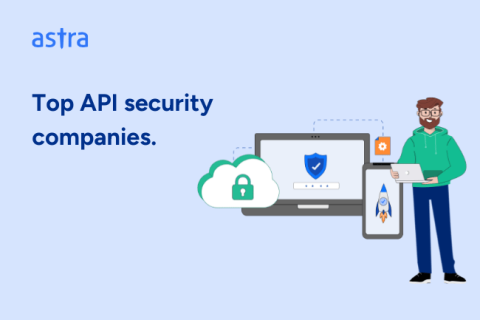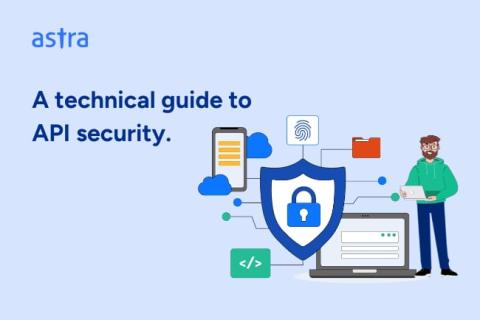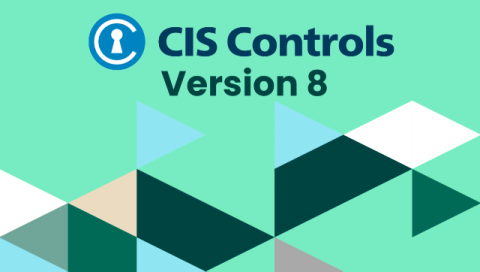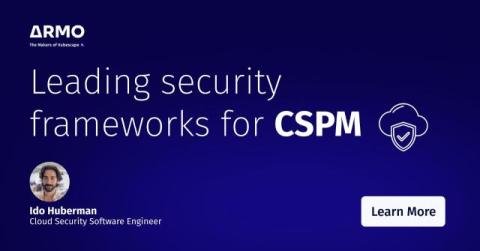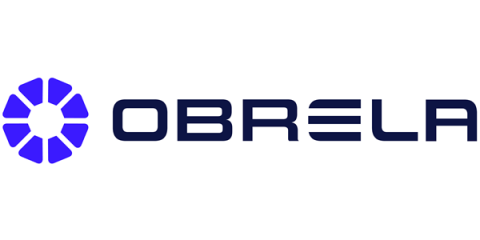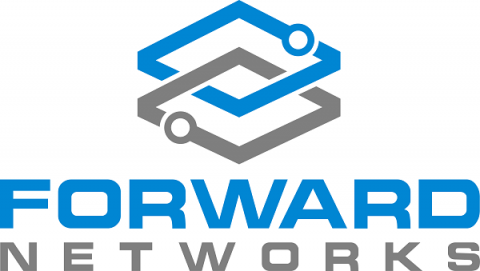10 Best API Security Testing Companies To Consider in 2025
Every single day, billions of API calls happen across the internet. Behind your favorite applications, APIs work quietly to move data and connect systems. But with the growing use of APIs, API attacks didn’t just increase – they exploded. Take the Optus breach in September 2022, in which attackers exploited an unprotected API endpoint and accessed the personal data of up to 9.8 million customers, leading to a $10 million fine.


